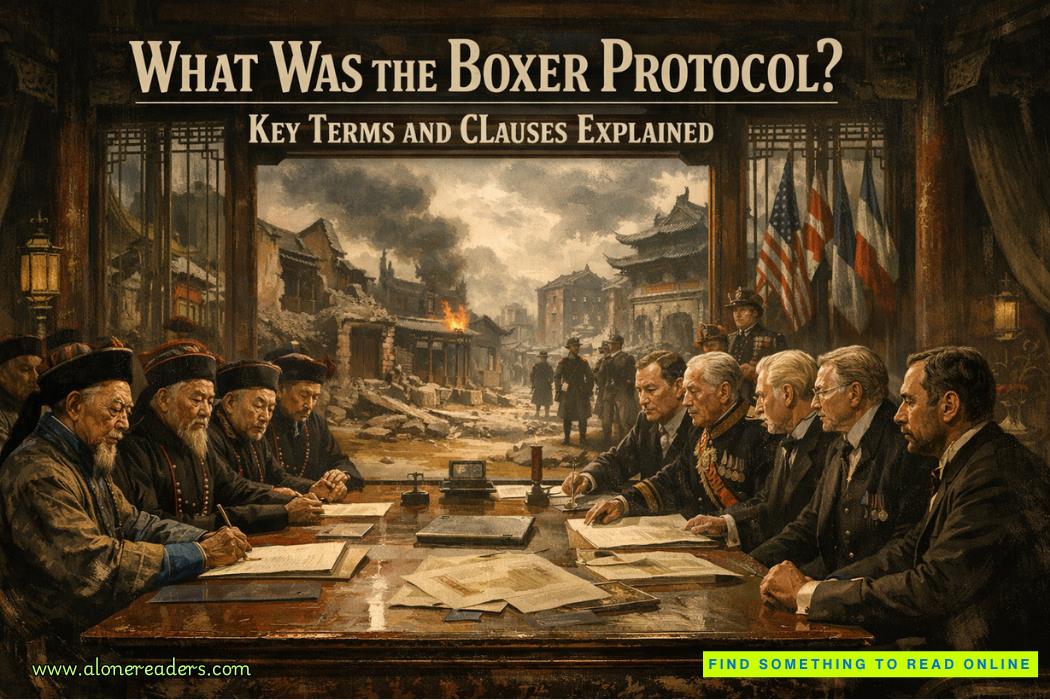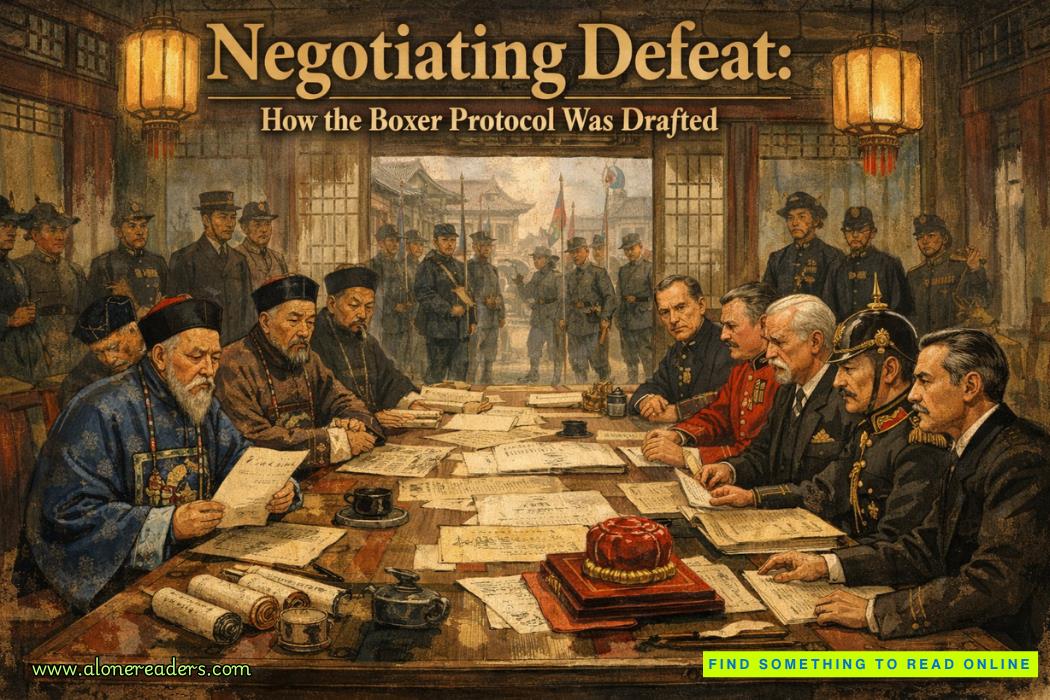Prologue
1811
At twenty years of age, Winifred Wallace had to her name one dress, seventy-two pounds sterling, and three necklaces dripping with diamonds.
When one was utterly alone in the world, Winnie reflected, it was rather a good thing to be rich.
Unfortunately, as she could not bring herself to sell, pawn, or otherwise divest herself of the necklaces, her funds were somewhat circumscribed. She was not, however, too poor to rent a small cottage and a plot of land on the farthest tip of western Wales.
No, money was not the problem. She had the funds. And yet, as she stared at the Viscount Loxley’s elderly steward across the desk, she felt suddenly, alarmingly unsure of herself.
She had the money—and yet she did not know if she could bring it about.
The steward stared at her over his half-moon spectacles. Winnie put her hand inside her large netted reticule and squeezed the coins that clinked inside. The coins felt cool and hard and real beneath her hands. They would not vanish. She could do this.
“You’ve come to rent the cottage?” the grizzled man repeated. “You mean to… raise sheep?”
“Yes,” Winnie said. She flipped the coins nervously between her fingers, hidden by the fabric of the bag. Four coins for the Southdown ram. Another two for the ewes. One for the materials to build the hay-rack, and another four for the winter’s fodder.
And twenty for the first year’s rent—if she could just persuade this man to let her have the cottage.
“You,” the steward repeated. He nudged his spectacles with the tip of one gaunt finger. “Alone.”
“Yes,” Winnie said again, more definitely.
She loved sheep. She was an expert on sheep. She had borrowed every book on animal husbandry available at Heavisides’ Select Library; she knew the precise time to wean a lamb from its mother and the earliest indications of hoof-ail. She could discern a Southdown from a Merino at twenty paces.
At least, theoretically. She had never actuallyseena sheep at closer than twenty paces. In fact, Winnie had never been on a farm of any kind, had never even left London prior to her flight a week ago.
But she’d known, somehow. She had known it was coming, from the brittle brilliance of her mother’s smile and the violent rapping on the door at night. When her mother had spilled handfuls of guineas and jewels on the chaise longue and flashed her signature feline smile, Winnie had not even been surprised.
“Take your pick, beauty,” her mother had said. “I’m for Paris. Do you want the Champs-Élysées, or the money?”
Winnie had chosen the money.
She thought her mother had been expecting it. Their final parting.
Eliza Wallace might not have understood her daughter, who hated glitter and flash, whose greatest desires centered around a library and a flock of sheep, but she knew Winnie. She’d known what Winnie would choose.
Perhaps, those last months, when Eliza had worn her bodice ever-lower, had charmed justone morearistocrat and stolen justone lastpair of diamond ear-bobs, she had been thinking of her daughter. Perhaps she had been setting aside this money for when they would eventually part: Eliza for France, and Winnie for her precious sheep farm.
Or perhaps not. Perhaps Winnie only wanted very much to believe that her mother had cared.
Winnie raised her chin and looked at the steward across his desk. “I can afford the rent. There is no reason for you to balk. I am well prepared to establish my flock on these lands. I will make no trouble for you or for Viscount Loxley.”
“But a woman alone”—the steward’s voice was reedy and uncertain—“it’s just not done. The men in the village will be at you night and day! The viscount likes for things to be proper, you know.”
And for the first time since her mother had left, a trickle of anger slid in between Winnie’s fear and uncertainty and frantic desire for independence. The men would be at her night and day? And yetshewas the one to be punished—simply because she was not married?
It was asinine. It wasunjust.
For once, Winnie could understand why her mother had taken such pleasure in having her way with wealthy men, in deceiving them and stealing from them, and leaving them so utterly besotted that they almost did not mind what they’d lost.
Winnie gritted her teeth. No.No.She would not lose her cottage over this. There had to be another way. There had to be a solution to this problem.
She could think of only one.
Slowly, she made herself relax the tense muscles of her jaw. Slowly, ever so slowly, she forced her lips up into a smile. Her mother’s smile, wide and feline and entrancing.















